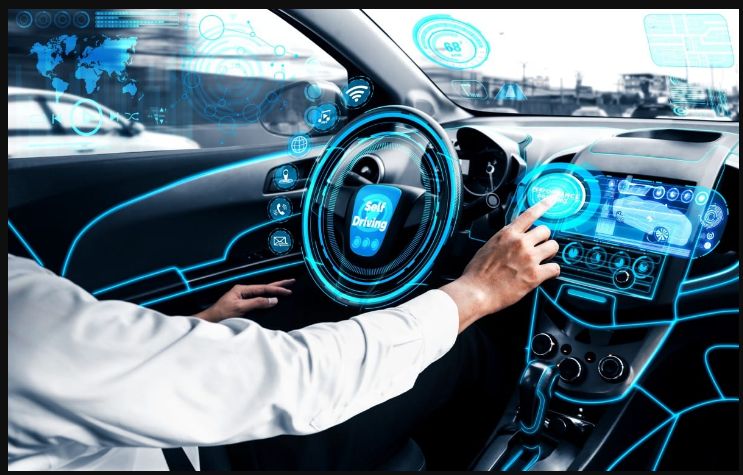Hacking Driverless Vehicles
At DEFCON 21, an annual hacker conference focused on cybersecurity and hacking, there was a presentation titled “Hacking Driverless Vehicles.” DEFCON conferences often feature talks and workshops covering a wide range of topics related to technology, cybersecurity, privacy, and innovation. The “Hacking Driverless Vehicles” presentation likely explored the security vulnerabilities and potential risks associated with autonomous or driverless vehicles.
Here are some key points that may have been covered in the “Hacking Driverless Vehicles” presentation at DEFCON 21:
1. Security Vulnerabilities: The presentation may have identified and demonstrated various security vulnerabilities present in the software, hardware, and communication systems of autonomous vehicles. These vulnerabilities could include flaws in the vehicle’s onboard computer systems, wireless communication protocols, sensors, and control mechanisms.
2. Remote Exploitation: The presentation may have demonstrated how attackers could remotely exploit vulnerabilities in driverless vehicle systems to gain unauthorized access, control the vehicle’s operation, and manipulate its behavior. This could include taking over steering, acceleration, braking, and other critical functions of the vehicle.
3. Cyberattacks: The presentation may have explored different types of cyberattacks that could target driverless vehicles, such as malware injection, denial-of-service attacks, spoofing attacks, and ransomware attacks. These attacks could disrupt vehicle operations, compromise passenger safety, and pose risks to public safety on the road.
4. Safety Implications: The presentation likely emphasized the safety implications of security vulnerabilities and cyberattacks on driverless vehicles. Compromising the security of autonomous vehicle systems could result in accidents, injuries, and fatalities, raising concerns about the reliability and trustworthiness of self-driving technology.
5. *Regulatory and Legal Considerations*: The presentation may have discussed the regulatory and legal implications of hacking driverless vehicles, including liability issues, insurance concerns, and regulatory frameworks for cybersecurity in the automotive industry. Addressing security risks and establishing industry standards for cybersecurity are essential for ensuring the safety and integrity of autonomous vehicle technology.
6. Ethical Implications: The presentation may have addressed the ethical considerations surrounding the hacking of driverless vehicles, particularly in terms of privacy, security, and public trust. Ensuring transparency, accountability, and responsible disclosure practices are essential for mitigating risks and building public confidence in autonomous vehicle technology.

Overall, the “Hacking Driverless Vehicles” presentation at DEFCON 21 likely aimed to raise awareness of the security challenges and risks associated with autonomous vehicle technology while highlighting the need for robust cybersecurity measures and industry collaboration to address these threats.